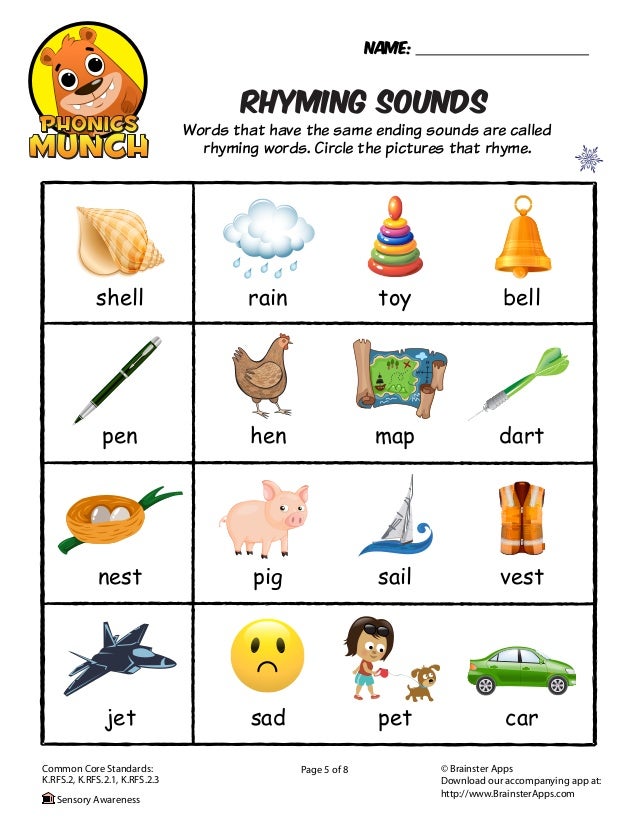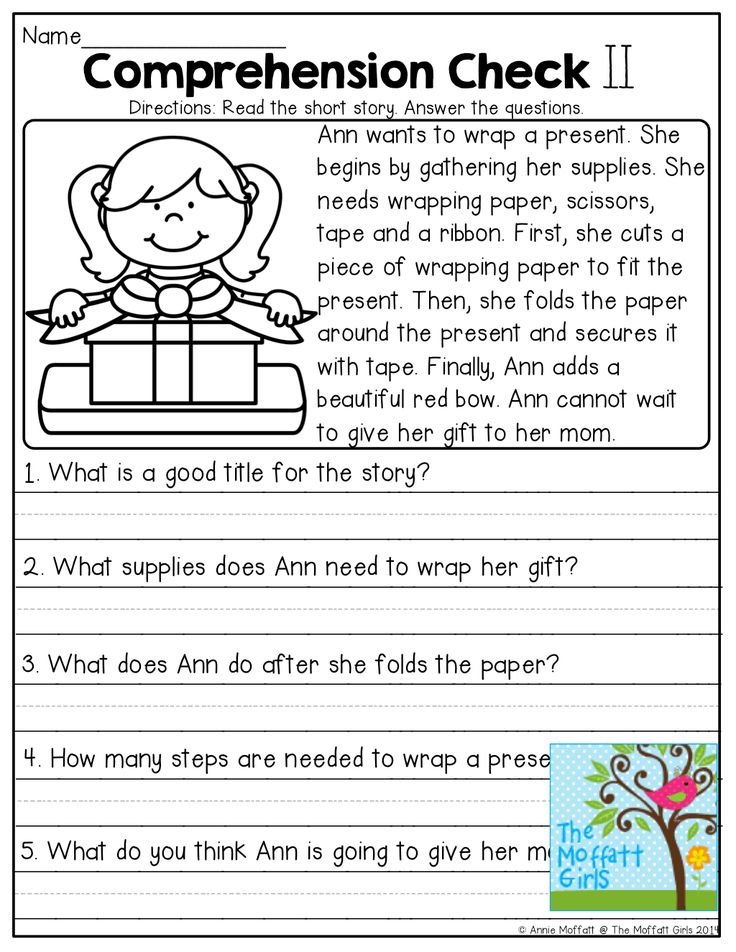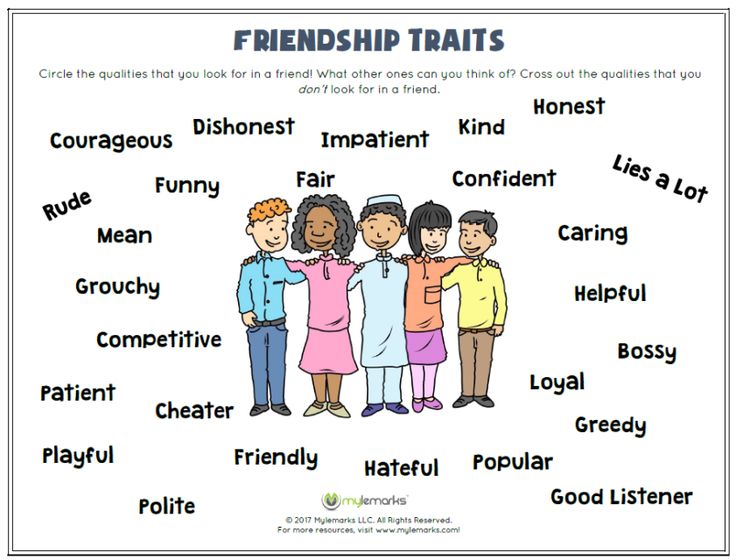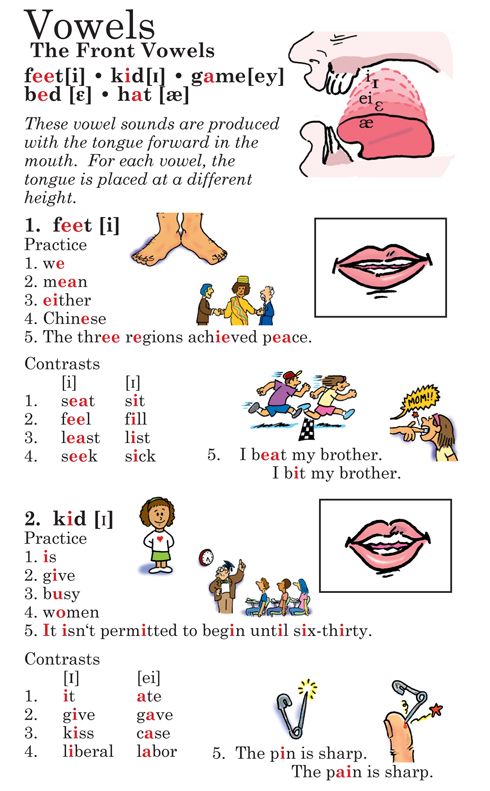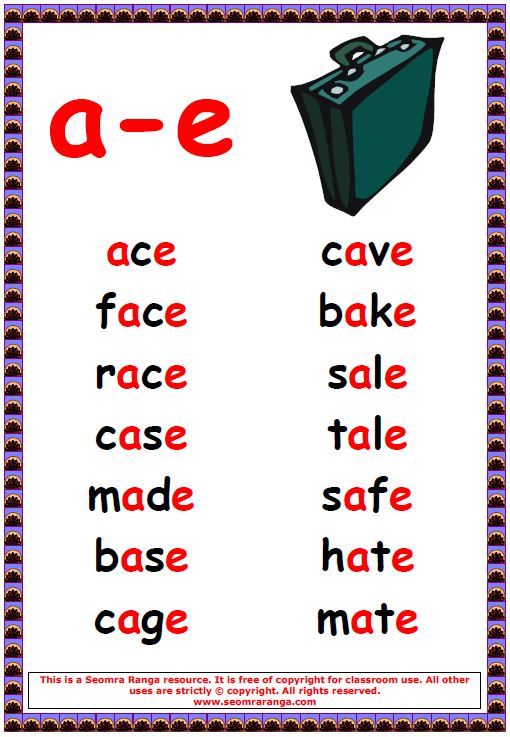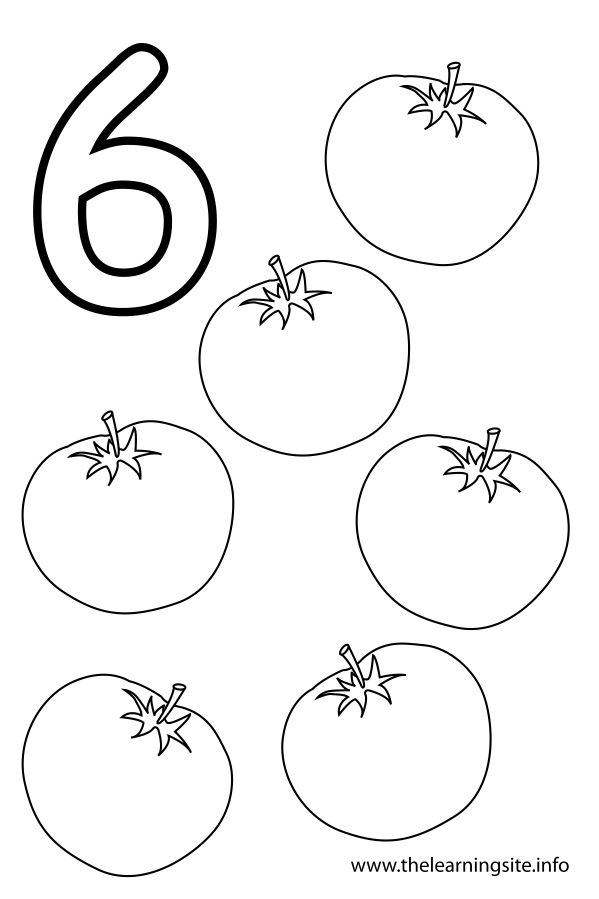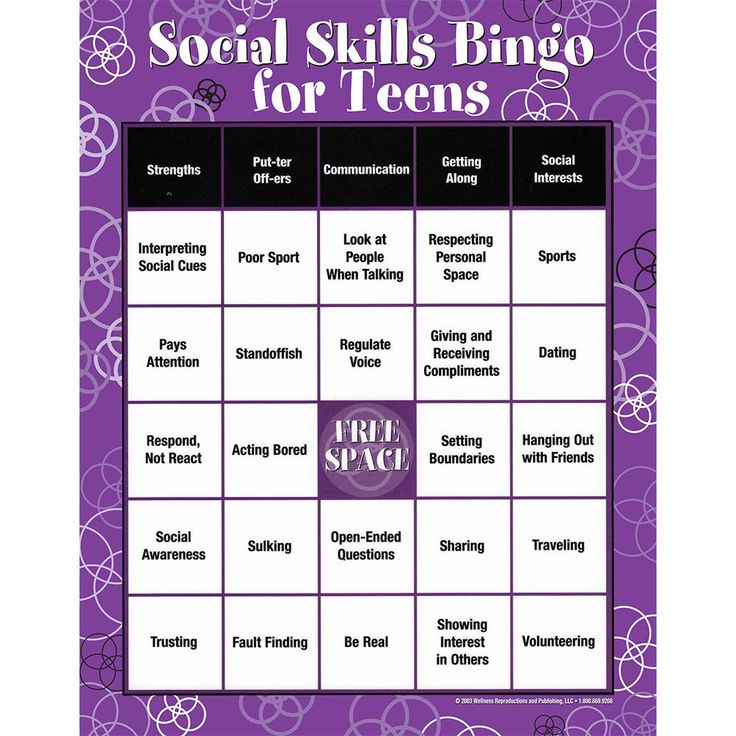Words that rhyme with sing
234 best rhymes for 'sing'
1 syllable
- Ng
- Thing
- Bring
- King
- Ring
- Spring
- Swing
2 syllables
- Shouting
- Banging
- Serving
- Seeking
- Fucking
- Smiling
- Going
- Getting
- Bumping
- Nothing
- Being
- Trying
- Something
- Feeling
- Looking
- Making
- Living
- Coming
- Thinking
- Talking
- Doing
- Saying
- Taking
- Running
- Rapping
- Killing
- Smoking
- Spitting
- Playing
- Writing
- Waiting
- Giving
- Sitting
- Walking
- Having
- Leaving
- Acting
- Telling
- Seeing
- Working
- Watching
- Eating
- Asking
- Fighting
- Moving
- Calling
- Hoping
- Standing
- Screaming
- Setting
- Starting
- Raising
- Losing
- Holding
- Burning
- Sharing
- Crying
- Ticking
- Morning
- Falling
- Knowing
- Breaking
- Riding
- Dying
- Checking
- Rolling
- Parking
- Lying
- Missing
- Cracking
- Putting
- Whipping
- Turning
- Flying
- Using
- Shooting
- Drinking
- Hunting
- Wrecking
- Sounding
- Hating
- Blowing
- Listening
- Wearing
- Keeping
- Cheating
- Hitting
- Growing
- Meeting
- Dropping
- Chasing
- Wishing
- Speaking
- Rhyming
- Throwing
- Selling
- Bringing
- Loving
- Driving
- Winning
- Dreaming
- Meaning
- Beating
- Causing
- Showing
- Building
- Hearing
- Ending
- Hanging
- Flowing
- Laughing
- Praying
- Hiding
- Popping
- Staying
- Guessing
- Biting
- Letting
- Stopping
- Caring
- Chilling
- Sleeping
- Laying
- Flashing
- Closing
- Loosing
- Searching
- Staring
- Singing
- Crashing
- Changing
- Wanting
- Sipping
- Pulling
- Faking
- Passing
- Breathing
- Switching
- Preaching
- Reading
- Sucking
- Starving
- Teaching
- Rocking
- Bleeding
- Pushing
- Finding
- Shopping
- Cruising
- Kicking
- Grabbing
- Tripping
- Counting
- Ripping
- Painting
- Testing
- Shining
- Learning
- Dealing
- Begging
- Pissing
- Dissing
- Battling
- Hurting
- Facing
- Stealing
- Wasting
- Cutting
- Aiming
- Yelling
- Sending
- Paying
- Touching
- Spilling
- Jumping
- Sinking
- Stepping
- Reaching
- Rising
- Packing
- Dancing
- During
- Spinning
- Climbing
- Sticking
- Shaking
- Floating
- Grinding
- Picking
- Racing
- Messing
- Spending
- Claiming
- Willing
- Digging
- Lacking
- Blessing
- Boring
- Waking
- Drowning
- Needing
- Smashing
- Stacking
- Saving
- Knocking
- Catching
- Cooking
- Dripping
3 syllables
- Recording
- Everything
- Anything
- Suffering
- Committing
- Carrying
- Wondering
- Hustling
- Beginning
- Amazing
- Opening
- Becoming
- Murdering
- Following
- Destroying
- Pretending
- Creating
4 syllables
- Motherfucking
- Reminiscing
Want to find rhymes for another word? Try our amazing rhyming dictionary.
If you write lyrics you should definitely check out RapPad. It has tons of useful features for songwriters, lyricists, and rappers.
bring, cling, ding, fling, ging, hing...
Pure Rhymes – 71 rhymes
Words that have identical vowel-based rhyme sounds in the tonic syllable. Moreover, that tonic syllable must start with a different consonantal sound.
bring
cling
ding
fling
ging
hing
ing
king
ng
ping
ring
ringe
sling
sting
string
swing
thing
ting
wing
wring
zing
bling
ying
spring
unring
upswing
Beijing
Bing
Ching
Chongqing
Gring
Jing
Kling
Ling
Ming
Peking
Schwing
Shing
Singh
Thwing
Xiaoping
Xing
Martin Luther King
Martin Luther King
Deng Xiaoping
- have one's fling
- fit for a king
- mood ring
- throw your hat in the ring
- toss one's hat in the ring
- have one's ass in a sling
- full of the joys of spring
- first string
- how long is a piece of string
- latch string
- on a string
- full swing
- in full swing
- in the swing
- a little knowledge is a dangerous thing
- do one's own thing
- for one thing
- not the thing
- quite the thing
- sure thing
- the in thing
- left wing
- on the wing
- right wing
- take under one's wing
- under one's wing
End Rhymes – 4906 rhymes
Words that have a pure rhyme on their last syllable only.
crossing
tossing
bossing
flossing
flossin'
Rossing
dousing
dowsing
grousing
espousing
classing
gassing
massing
passing
bassing
amassing
harassing
surpassing
Hassing
- buck passing
- in passing
"Go Pro" to see the next 601 end rhyme sets.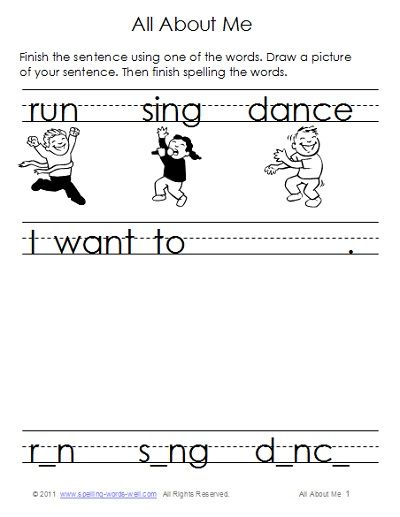
Click here to "Go Pro"
Near Rhymes – 2172 rhymes
Words that "almost" rhyme on the vowel-based rhyme sound of the stressed syllable like: be/eat or maybe/shapely.
ringed
stringed
tinged
winged
brings
clings
dings
flings
king's
kings
mings
ring's
rings
sings
slings
spring's
stings
strings
swings
thing's
things
wing's
wings
springs
Singh's
Xiaoping's
- it ain't over till the fat lady sings
- apron strings
- cling to one's mother's apron strings
- hang on to one's mother's apron strings
- let go of one's mother's apron strings
- pull strings
- purse strings
- tied to one's mother's apron strings
- see things
- clip one's wings
- sprout wings
- try one's wings
- waiting in the wings
blink
brink
chink
cinque
clink
dink
drink
fink
ink
link
mink
minke
pink
plink
rink
shrink
sink
stink
sync
think
wink
zinc
zink
rethink
interlink
Bink
Frink
Inc
Linc
Spink
Swink
Zinck
Zinke
- on the blink
- nurse a drink
- soft drink
- you can lead a horse to water, but you can't make it drink
- missing link
- in the pink
- tickle pink
- tickled pink
- skating rink
- everything but the kitchen sink
- heart sink
- kitchen sink
- big stink
- raise a stink
- little does one think
- shudder to think
- nod's as good as a wink
- sleep a wink
"Go Pro" to see the next 83 near rhyme sets.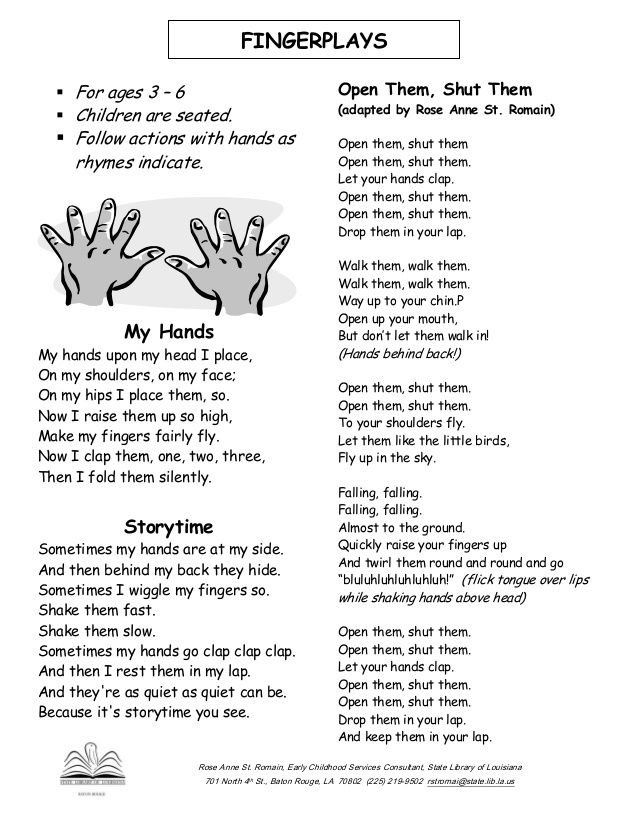
Click here to "Go Pro"
Mosaic Rhymes
Rhymes made up of more than one word. For instance, "jealous" and "tell us" or "shaky" and "make me."
One-syllable words do not have mosaic rhymes.
MILITARY LITERATURE --[Prose]-- Gashek Ya. The adventures of the good soldier Schweik during the World War
Chapter IV.
Schweik is kicked out of the insane asylum
Describing later his stay in the lunatic asylum, Schweik spoke of this institution with extraordinary praise.
- To tell you the truth, I don't know why these lunatics are angry at being kept there. There it is allowed to crawl naked on the floor, howl like a jackal, rage and bite. If someone did the same on the street, passers-by would be amazed. But there it is the most common thing. There is such freedom that the socialists never dreamed of. There you can pretend to be God, and the Mother of God, and for the Pope, and for the English king, and for the sovereign emperor, and for St.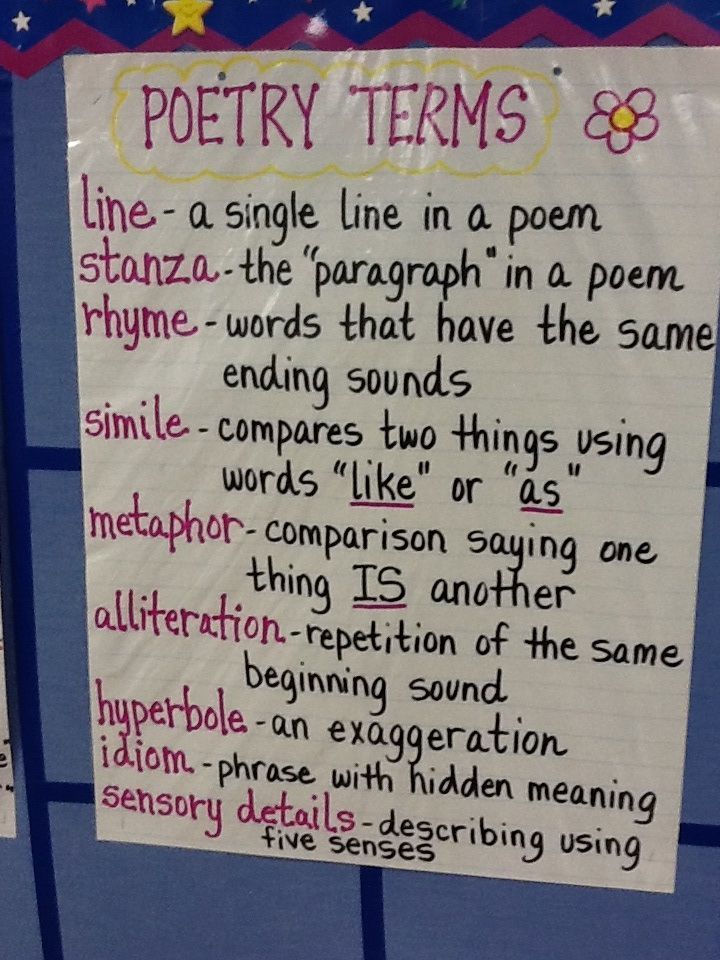 Wenceslas. (However, he was all the time tied up and lying naked in solitary confinement.) There was also one there who kept shouting that he was an archbishop. This one did nothing, only ate, and even, with your permission, did what rhymes with the word ate. However, no one is ashamed of it. And one even pretended to be Saints Cyril and Methodius in order to receive a double portion. And there was a pregnant gentleman sitting there, this one invited everyone to the christening. There were many chess players, politicians, fishermen, scouts, stamp collectors, and amateur photographers there. One got there because of some old pots, which he called urns. The other was kept bound in a straitjacket all the time so that he could not figure out when the end of the world would come. I met several professors there. One of them followed me all the time and explained that the ancestral home of the Gypsies was in the Krkonoše, and the other argued that there was another ball inside the globe, much larger than the outer one.
Wenceslas. (However, he was all the time tied up and lying naked in solitary confinement.) There was also one there who kept shouting that he was an archbishop. This one did nothing, only ate, and even, with your permission, did what rhymes with the word ate. However, no one is ashamed of it. And one even pretended to be Saints Cyril and Methodius in order to receive a double portion. And there was a pregnant gentleman sitting there, this one invited everyone to the christening. There were many chess players, politicians, fishermen, scouts, stamp collectors, and amateur photographers there. One got there because of some old pots, which he called urns. The other was kept bound in a straitjacket all the time so that he could not figure out when the end of the world would come. I met several professors there. One of them followed me all the time and explained that the ancestral home of the Gypsies was in the Krkonoše, and the other argued that there was another ball inside the globe, much larger than the outer one. In the lunatic asylum, everyone could say whatever came into his head, as if in parliament. Somehow they began to tell fairy tales there, but they fought when things ended badly with some princess. The most violent was the gentleman who pretended to be the sixteenth volume of Otto's Scientific Encyclopedic Dictionary and asked everyone to open it and find the word "binding awl" - otherwise he died. He calmed down only after they put a straitjacket on him. Then he began to boast that he was in a binding, and asked to be fashionably cut. In general, it was like living in paradise. You can scream, roar, sing, cry, bleat, squeal, jump, pray, somersault, walk on all fours, jump on one leg, run around, dance, gallop, squat all day or climb a wall, and no one he won’t come up to you and say: “Listen, you can’t do this, it’s indecent, shameful, because you are a cultured person.” But, to tell the truth, there were only quiet lunatics. For example, there was a scientific inventor sitting there who was picking his nose all the time and only once a day said: "I just discovered electricity.
In the lunatic asylum, everyone could say whatever came into his head, as if in parliament. Somehow they began to tell fairy tales there, but they fought when things ended badly with some princess. The most violent was the gentleman who pretended to be the sixteenth volume of Otto's Scientific Encyclopedic Dictionary and asked everyone to open it and find the word "binding awl" - otherwise he died. He calmed down only after they put a straitjacket on him. Then he began to boast that he was in a binding, and asked to be fashionably cut. In general, it was like living in paradise. You can scream, roar, sing, cry, bleat, squeal, jump, pray, somersault, walk on all fours, jump on one leg, run around, dance, gallop, squat all day or climb a wall, and no one he won’t come up to you and say: “Listen, you can’t do this, it’s indecent, shameful, because you are a cultured person.” But, to tell the truth, there were only quiet lunatics. For example, there was a scientific inventor sitting there who was picking his nose all the time and only once a day said: "I just discovered electricity. " I repeat, it was very good there, and those few days that I spent in a lunatic asylum were the best days of my life.
" I repeat, it was very good there, and those few days that I spent in a lunatic asylum were the best days of my life.
Indeed, even the very welcome given to Schweik in the lunatic asylum, when he was brought to the probation from the regional criminal court, exceeded all his expectations. First of all, Schweik was stripped naked, then they gave him a dressing gown and led him to bathe, grabbing him under the armpits in a friendly way, while one of the orderlies entertained him with a Jewish joke. In the bathing room, he was immersed in a bath of warm water, then pulled out and placed under a cold shower. This was done to him three times, then they asked him how he liked. Schweik replied that it was even better than in the baths at Charles Bridge, and that he was terribly fond of bathing. "If you still cut my nails and hair, then I will be perfectly happy," he added, smiling sweetly.
His wish was granted. Then Schweik was thoroughly rubbed with a sponge, wrapped in a sheet and taken to the first compartment to bed.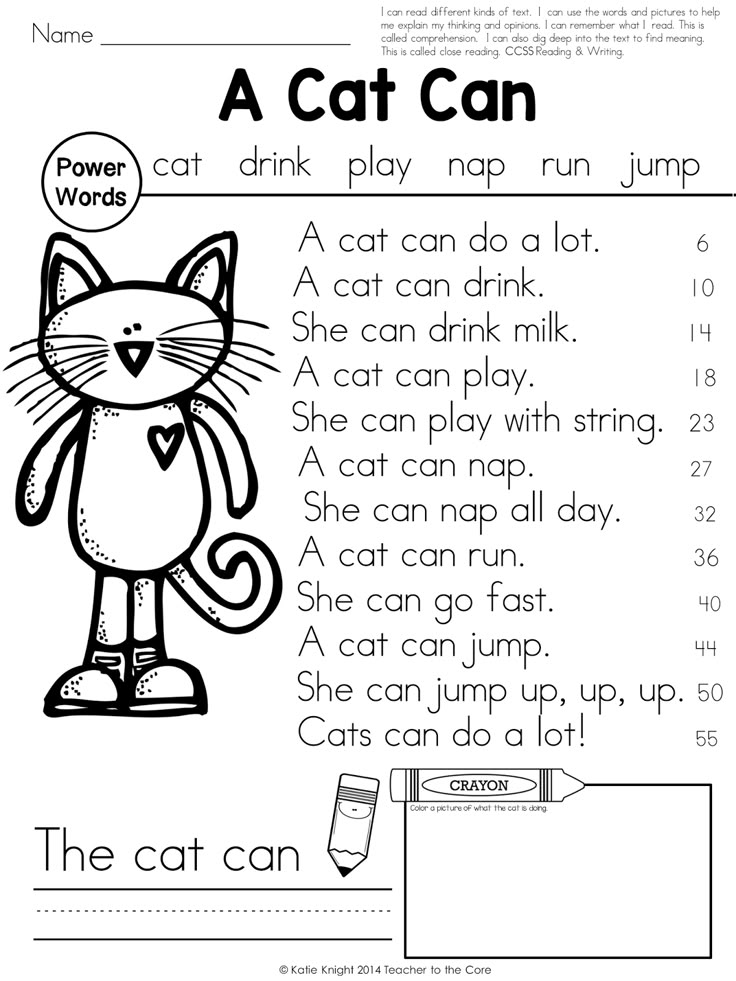 There he was laid down, covered with a blanket and asked to sleep.
There he was laid down, covered with a blanket and asked to sleep.
Schweik still fondly remembers this time:
— Imagine, they carried me, carried me to my bed. At that moment, I experienced unearthly bliss.
On the bed, Schweik fell into a serene sleep. Then he was awakened and offered a mug of milk and a bun. The bun was already cut into small pieces, and while one orderly held Svejk by both hands, another dipped the pieces of the bun into milk and fed him, as one feeds dumplings to geese.
Then Schweik was taken under the armpits and taken to a latrine, where he was asked to meet major and minor physiological needs.
Schweik talks about this wonderful moment with rapture. We do not dare to repeat his story about what was done to him afterwards. Let us cite only one phrase: "One of them was holding me in his arms," Schweik recalled.
Then they brought him back, put him to bed and asked him to sleep again. After some time, he was awakened and taken to an examination room, where Schweik, standing completely naked in front of two doctors, remembered the glorious time of recruitment, and involuntarily escaped from his lips:
- Tauglich! [Good! (German)]
What are you saying? one of the doctors asked.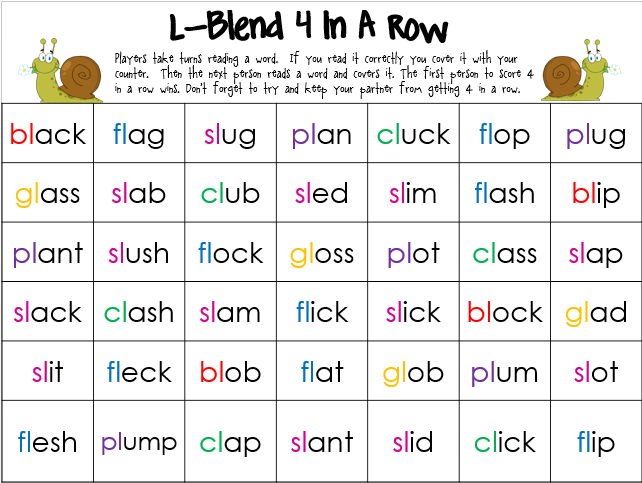 "Take five steps forward and five steps back."
"Take five steps forward and five steps back."
Schweik made ten.
— I told you, — said the doctor, — to do five.
- I don't feel sorry for the extra couple of steps.
After that the doctors demanded that Schweik sit down on a chair; one of them hit the patient on the knee several times, then told the other that the reflexes were quite normal, to which he shook his head and began to tap Schweik on the knee himself, while the first opened Schweik's eyelids and examined his pupils. Then they went to the table and exchanged a few Latin phrases.
— Listen, can you sing? one of the doctors asked Schweik. — Could you sing us a song?
— Do me a favor, — answered Schweik.
And Schweik had enough:
What, young nun,You bow your head,
Two hot tears
Are you dropping to the ground?
"I don't know further," Schweik interrupted. - If you wish, I will sing to you:
Oh, my heart hurts,Oh, longing sunk into my chest.
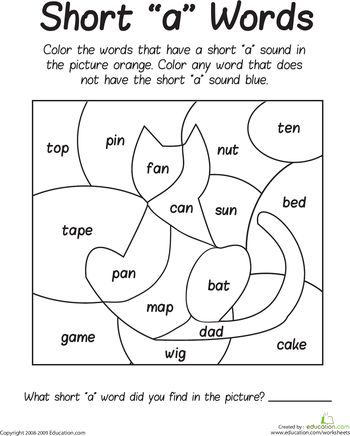
I'll go out and sit on the porch
Look at the path.
Where are you, sweet sweetheart...
— I don't know further either, — sighed Schweik. and even a couple of folk songs like "God bless us, sovereign", "We went straight to Jaromer" and "It is worthy to eat, as if truly ..."
Both doctors looked at each other and one of them asked:
— Has your mental state ever been examined?
"In military service," Schweik answered solemnly and proudly. "Military doctors have officially recognized me as a complete idiot."
- It seems to me that you are a simulator! another doctor attacked Schweik.
- Not at all a simulator, gentlemen! Schweik defended himself. "I'm a real idiot." You can inquire at the office of the 91st Regiment in České Budějovice or at the Office of the Reserves in Karlin.
The senior doctor waved his hand hopelessly and, pointing to Schweik, said to the orderlies:
- Return this man's clothes and pass him to the third compartment in the first corridor.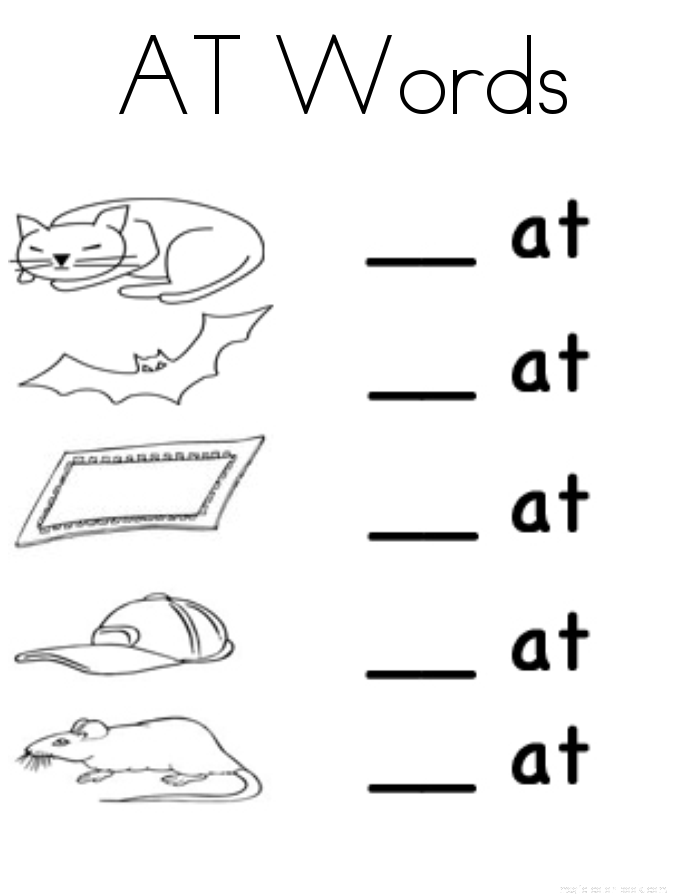 Then let one of you return and take all the documents to the office. Yes, tell them there, so that they don’t languish for a long time, so that he doesn’t sit on our neck for a long time.
Then let one of you return and take all the documents to the office. Yes, tell them there, so that they don’t languish for a long time, so that he doesn’t sit on our neck for a long time.
The doctors once again looked contemptuously at Schweik, who was backing towards the door, bowing politely. To the remark of one of the orderlies, why, they say, he is playing the fool here, Schweik replied:
- I'm not dressed, completely naked, in what my mother gave birth, so I don't want to show the gentlemen what would make them think that I'm ignorant or impudent.
From the moment the orderlies received the order to return Schweik's clothes, they stopped taking care of him, ordered him to get dressed, and one of them took him to the third department. Schweik was kept there for several days, while the chancery processed his discharge from the lunatic asylum, and he had every opportunity to make his observations here as well. The deceived doctors gave such a conclusion about him: "An imbecile malingerer. "
"
Since Schweik was discharged from the hospital just before dinner, the matter was not without a little scandal. Schweik said that if he was thrown out of a lunatic asylum, they had no right not to give him lunch.
The scandal was stopped by a policeman called by the gatekeeper, who took Svejk to the police station on Salmova Street.
11 words to help you understand Arabic culture • Arzamas
You have Javascript disabled. Please change your browser settings.
- History
- Art
- Literature
- Anthropology
I'm lucky!
Anthropology
How to drink coffee correctly, what things you should keep silent about, why it’s okay to brag, who is a person covered by a genie, and what does the proverb “A camel does not see his hump, he sees only his hump” mean brother"
Author Vera Tsukanova
The Arab world covers an area of more than 13 million square kilometers and includes twenty-three countries in which hundreds of different dialects are spoken.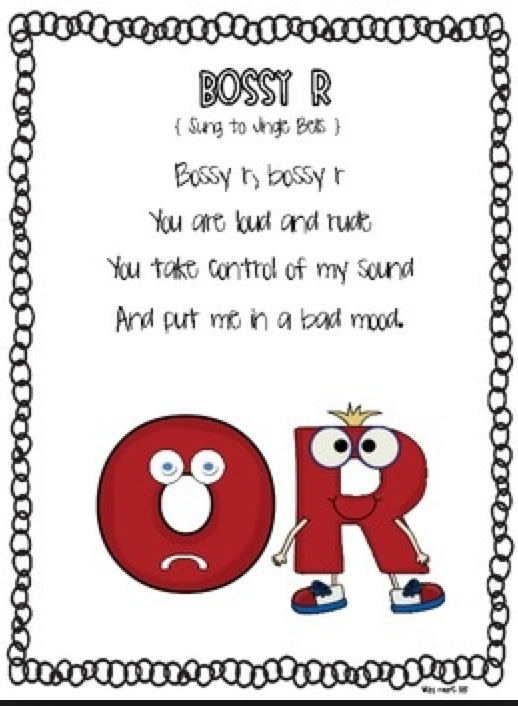 Each of these countries has its own customs, history and way of life, so we have chosen concepts that are common to most people living there.
Each of these countries has its own customs, history and way of life, so we have chosen concepts that are common to most people living there.
1. Inshallah إن شاء الله
God willing!
Prayer in the desert. A group of Arabs in the area of the pyramids of Giza. 1911 Wikimedia Commons "Inshallah" literally means "if God wills." This expression, which occurs several times already in the Koran, has become practically a parasitic word in modern Arabic - it is so often used. Arabs believe that most events are controlled by God, not man, therefore, when talking about the future, they almost always add "inshallah". A European will be surprised to hear this as an affirmative answer to the question of whether this bus goes to some place. On the other hand, "inshallah" is a way to tactfully refuse. The fact is that in Arab culture it is not customary to say “no” directly. Saying "inshallah", you can promise, but not do it. In such cases, they often say in šāʾ aḷḷāh bukra - "God willing, tomorrow", which is equivalent to the saying bukra fi l-mišmiš - "tomorrow, in the apricot season", i. e. "after rain on Thursday". The formula in šāʾ aḷḷāh was also borrowed into the languages of non-Arabic-speaking peoples who profess Islam, and is often used in the speech of Muslims in Russia.
e. "after rain on Thursday". The formula in šāʾ aḷḷāh was also borrowed into the languages of non-Arabic-speaking peoples who profess Islam, and is often used in the speech of Muslims in Russia.
2. Al-fusha الفصحى
Literary Arabic
Arabic school. Cairo, around 1900 Art.com Literary Arabic The history of the Arabic language begins in the 6th-7th centuries AD, although scattered inscriptions in various dialects of Old Arabic appear several centuries earlier. With the emergence of Islam, the language receives writing and a huge cultural and religious influence. In the 8th century, works appeared on grammar and the unification of the language norm, and from that time we can talk about the literary Arabic language - first in its classical version during the heyday of Arabic literature and poetry until the 11th century, then during the decline until the 18th century. In the 19th century, during the period of the Arab Renaissance, called in the local tradition an-Nahda, a modern literary language was formed.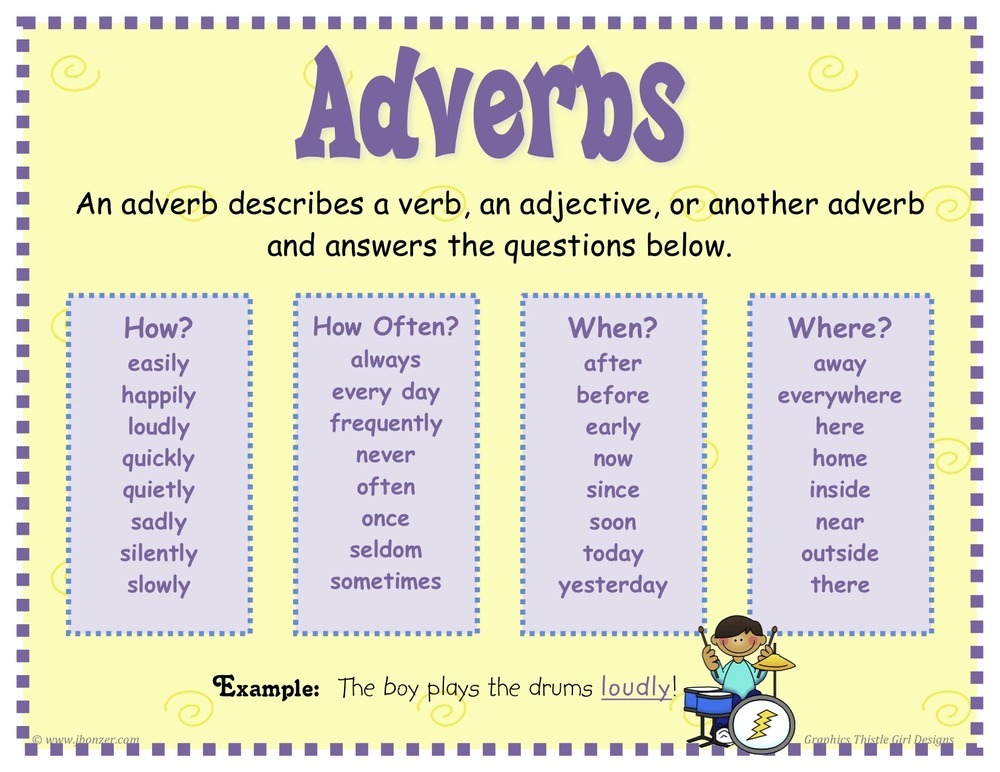 And although over the fourteen centuries of its development, both the vocabulary and the grammar of the Arabic language have changed significantly, the Arabic tradition considers it unchanged, identical to the language of the Holy Quran, which still serves as a model of Arabic speech. it is taught in secular and religious schools, official speeches, sermons and news reports are delivered in it, it is written, but practically not spoken. In the Arab countries, they speak the descendants of the ancient Arabic language - numerous dialects that, like any language, have undergone strong changes over the fourteen centuries that have passed since the emergence of Islam. In a naive perception, dialects are considered simple, "dirty", having lost the old grammar, and the literary language is considered correct, "pure". Originally al-fuṣḥā is an adjective to the feminine word al-luġa (“language”) and means “the most clear, pure, eloquent.”
And although over the fourteen centuries of its development, both the vocabulary and the grammar of the Arabic language have changed significantly, the Arabic tradition considers it unchanged, identical to the language of the Holy Quran, which still serves as a model of Arabic speech. it is taught in secular and religious schools, official speeches, sermons and news reports are delivered in it, it is written, but practically not spoken. In the Arab countries, they speak the descendants of the ancient Arabic language - numerous dialects that, like any language, have undergone strong changes over the fourteen centuries that have passed since the emergence of Islam. In a naive perception, dialects are considered simple, "dirty", having lost the old grammar, and the literary language is considered correct, "pure". Originally al-fuṣḥā is an adjective to the feminine word al-luġa (“language”) and means “the most clear, pure, eloquent.”
One of the most popular movie characters in modern Egypt, the commoner al-Limbi, in the film "Al-Limbi in pre-Islamic times" ends up in Arabia of the 6th century, where he finds himself among people who speak fuskh, which he practically does not know and does not understand. Comic situations are built around words and expressions that sound the same or similar in the Egyptian dialect and literary Arabic, and at the same time mean completely different things. “You are guaranteed two hours of uninterrupted laughter,” the film reviews assure.
Comic situations are built around words and expressions that sound the same or similar in the Egyptian dialect and literary Arabic, and at the same time mean completely different things. “You are guaranteed two hours of uninterrupted laughter,” the film reviews assure.
Other words of other cultures
11 Czech words
Kedlik, weather, sandwich, evening animals and other animals
11 Swedish words
from Ombudsman to a break on fica
11 German words
"Ordnung", "bratwurst" and "sadness because of the imperfection of the world"
3. Kahwa قهوة
Coffee
Still life with Arabic coffee pot dalla and persimmon. Sam Doom. 2014 © Sam Doum / SamDoumArt.com It is impossible to talk about Arabic cuisine in general: different regions prepare different dishes. But coffee will be served to the guest everywhere. Originally, the word qahwa meant "wine" or "sour milk", supposedly denoting in both cases "a drink that discourages appetite". In Arabic dialects, the word "coffee" is pronounced as "kahwa", "ahwe", "gahwa", "ghava" or "gahava". These differences in pronunciation are so significant that they are even used by linguists to refer to a whole range of phonetic changes - for example, they say that Bedouin dialects are characterized by "gahawa syndrome" Sound transition q in g , the appearance of an additional vowel after a guttural sound, the movement of stress .. According to etymological dictionaries, in its closest form to the literary language, the word "kahva" was borrowed into the Turkish language, and from there it got into European ones, including and into Russian.
Originally, the word qahwa meant "wine" or "sour milk", supposedly denoting in both cases "a drink that discourages appetite". In Arabic dialects, the word "coffee" is pronounced as "kahwa", "ahwe", "gahwa", "ghava" or "gahava". These differences in pronunciation are so significant that they are even used by linguists to refer to a whole range of phonetic changes - for example, they say that Bedouin dialects are characterized by "gahawa syndrome" Sound transition q in g , the appearance of an additional vowel after a guttural sound, the movement of stress .. According to etymological dictionaries, in its closest form to the literary language, the word "kahva" was borrowed into the Turkish language, and from there it got into European ones, including and into Russian.
In Yemen, the homeland of coffee plantations, it is often impossible to drink black coffee: it is exported, and the Yemenis themselves drink a drink made from coffee husks, which is more like green tea in taste and color.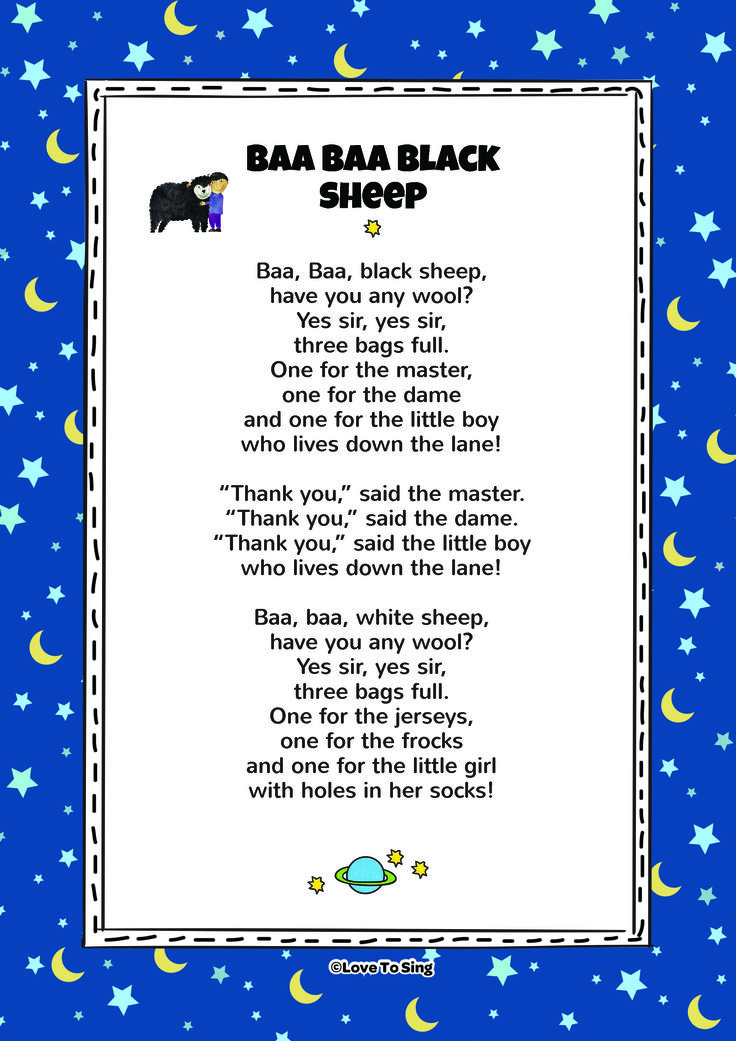 In Saudi Arabia, coffee is prepared in a dalla, a vessel that looks like a metal jug with a sharp, curved spout and lid. Both black and "red" coffee are brewed in it. The latter - from unroasted grains with the addition of various spices - is considered more traditional. Dalla can be large: it is customary to add coffee until the guest turns the cup over. As is often the case in Arab culture, there is an unwritten rule: drink no more than three cups; to drink less means to offend the hospitable host, to drink more means to be greedy. This custom is reflected in the proverb: "The first cup is for quenching thirst, the second for hospitality, the third for high, the fourth for the sword."
In Saudi Arabia, coffee is prepared in a dalla, a vessel that looks like a metal jug with a sharp, curved spout and lid. Both black and "red" coffee are brewed in it. The latter - from unroasted grains with the addition of various spices - is considered more traditional. Dalla can be large: it is customary to add coffee until the guest turns the cup over. As is often the case in Arab culture, there is an unwritten rule: drink no more than three cups; to drink less means to offend the hospitable host, to drink more means to be greedy. This custom is reflected in the proverb: "The first cup is for quenching thirst, the second for hospitality, the third for high, the fourth for the sword."
Coffee often figures in contemporary Arabic poetry. One of the most famous qasidas of the 20th century Syrian poet Nizar Qabbani, "The Fortune Teller", dedicated to divination on coffee grounds, was set to music and performed by the famous Egyptian singer Abdel Halim Hafiz, "Elvis of the Arab world".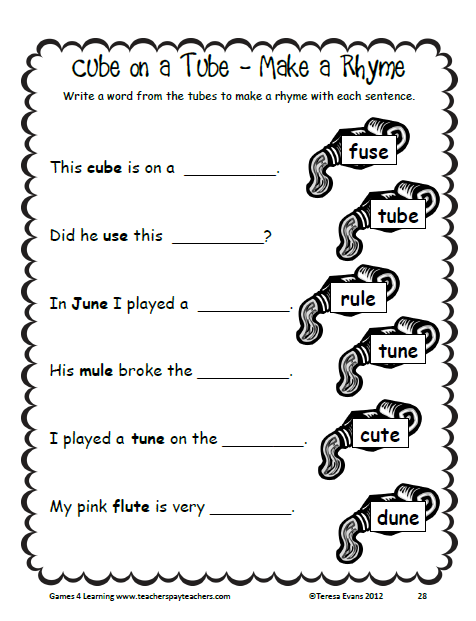 The performance of this song in different variations (with orchestral losses, improvisations and repetitions) could last up to an hour and a half.
The performance of this song in different variations (with orchestral losses, improvisations and repetitions) could last up to an hour and a half.
4. Sumʿa سمعة
What they say about a person; reputation
Arab beggar. Photograph by Luigi Fiorillo. 1865-1895 Boston Public LibraryThe word sumʿa has the same root as the verb sami ʿ a (“hear”), that is, reputation is what one hears about a person from others. An Arabic proverb says: "A good reputation is better than a beautiful dress." This statement acquires special meaning in traditional society when it comes to an unmarried girl: they carefully ask about her behavior before marrying. But in other situations, it is very important for Arabs what relatives, neighbors, and colleagues say about them.
Japanese cultural scholar Ruth Benedict introduced the concepts of guilt culture and shame culture. The culture of guilt is built on a person's awareness of his sin before himself or before God, and in the culture of shame, to which Arab culture also belongs, the most important thing is your image in the eyes of others.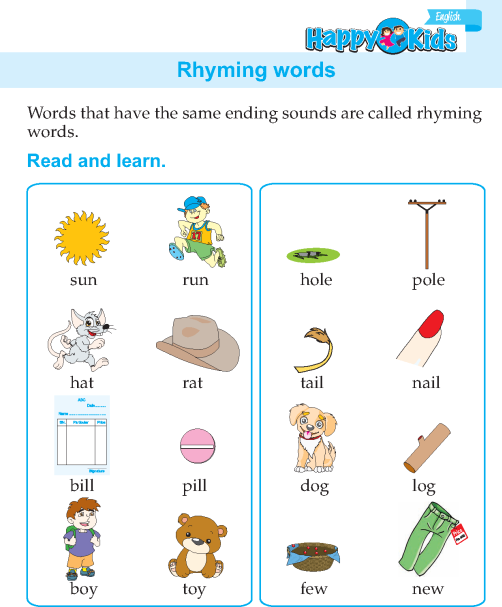 This vision of the world determines human behavior in Arab society. An Arab can talk about his virtues and good deeds, and this is not considered boasting. At the same time, it is a shame to show others that you are hungry or dissatisfied with something, that you have no money or time: this kind of trouble must be endured with dignity. In addition, it is important to show consideration for other people, be generous and respect elders. Arabs go to great lengths to hide what they consider to be a defect, for example, they are ashamed to admit that they do not know something. If reputation is damaged, shame can be washed away by avenging oneself or one's family.
This vision of the world determines human behavior in Arab society. An Arab can talk about his virtues and good deeds, and this is not considered boasting. At the same time, it is a shame to show others that you are hungry or dissatisfied with something, that you have no money or time: this kind of trouble must be endured with dignity. In addition, it is important to show consideration for other people, be generous and respect elders. Arabs go to great lengths to hide what they consider to be a defect, for example, they are ashamed to admit that they do not know something. If reputation is damaged, shame can be washed away by avenging oneself or one's family.
5. Djinn جني
Djinn, spirit
Djinn. Miniature from the manuscript known as "Kitab al-bulhan" ("Book of Miracles"). Second half of the 14th century Bodleian Library The genie, perceived by us exclusively as a character in the tales of the Thousand and One Nights, is actually part of the Muslim religion and Arab folk culture.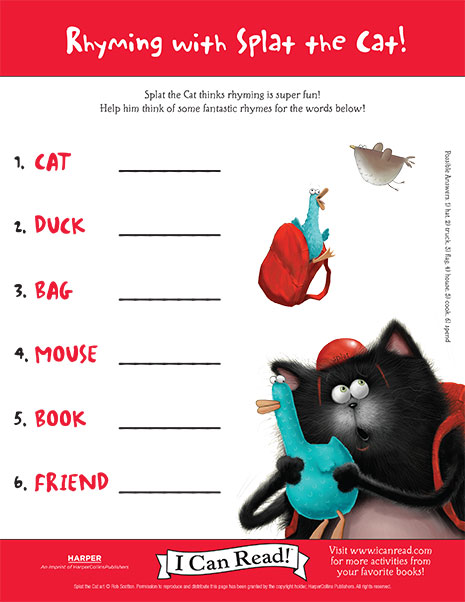 In Islam, it is believed that God created three types of creatures: humans, jinn and angels. Jinn are spirits invisible to man, they can take on different forms, among them there are male and female individuals (a female jinn is called jinniya), they create families and produce offspring. In the Qur'an, a whole sura (chapter) is dedicated to the jinn, from which it follows that the prophet was sent to both people and jinn. Jinn remain popular characters in Arab superstitions, fears, stories and films. They are different in character and way of life, among the jinn there are good and evil, righteous and unrighteous. Some genies live next to people and can even take over their minds: a person who has fallen under the influence of a genie is called majnūn "crazy", literally "engulfed by a genie". Majnun was also called a character of Arabic folklore who went crazy from unhappy love.
In Islam, it is believed that God created three types of creatures: humans, jinn and angels. Jinn are spirits invisible to man, they can take on different forms, among them there are male and female individuals (a female jinn is called jinniya), they create families and produce offspring. In the Qur'an, a whole sura (chapter) is dedicated to the jinn, from which it follows that the prophet was sent to both people and jinn. Jinn remain popular characters in Arab superstitions, fears, stories and films. They are different in character and way of life, among the jinn there are good and evil, righteous and unrighteous. Some genies live next to people and can even take over their minds: a person who has fallen under the influence of a genie is called majnūn "crazy", literally "engulfed by a genie". Majnun was also called a character of Arabic folklore who went crazy from unhappy love.
What we owe Muslim culture
Alcohol, Kharchi, Sarafan, ammonia and other not the most obvious things and concepts that came to us through the Arab-Muslim world
6.
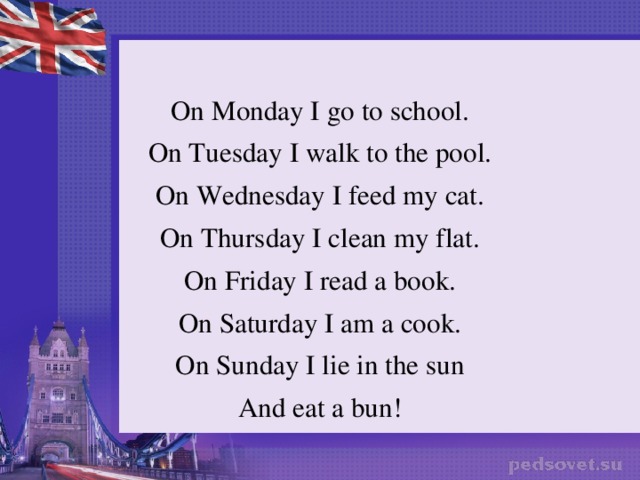 Dyaafa ضياف . 1900 Library of Congress
Dyaafa ضياف . 1900 Library of Congress The tradition of Arab hospitality dates back to the time when the Arabs were mostly nomadic. A traveler walking through the desert has nowhere to find shelter except in an outstretched tent, and only mutual hospitality helped the Bedouins avoid death among the sand or withered grass. The host's cordiality was elevated to the category of the highest virtue: he was mentioned by the Koran and the Sunnah (traditions about the life of the Prophet Muhammad), they boasted about him, sang about him in verses and proverbs. The guest had to be accepted without question, fed and watered for three days, and only after that to ask who he was and where he was going. Generous hospitality was prescribed regardless of wealth. “On the evening when you receive a guest, forget about poverty,” says the proverb. The famous theologian Hatim al-Asam taught: “Hurry comes from Satan” Shaitan - in Muslim mythology, an evil spirit, the devil, with the exception of five cases: to feed a guest, prepare for the funeral of the dead, marry a girl, pay off a debt and repent of a sin. These words are relevant to the Arab home today: anyone who finds himself far from the tourist routes will be provided with the best place to relax and a generous treat.
These words are relevant to the Arab home today: anyone who finds himself far from the tourist routes will be provided with the best place to relax and a generous treat.
7. Jamal جمل
Camel
The fraudster Abu Zayad riding a camel. Miniature from the book of Muhammad al-Hariri "Maquamat" ("Makams"). 12th century Bibliothèque nationale de FranceCamels played a huge role in the history of the Arab people: they could roam the vast deserts of the Arabian Peninsula, transport property and goods. The camel was an indispensable companion of the ancient Arabic poet, the hero of his poems and the basis for metaphors. So the poet of the 7th century al-Ash characterizes his beloved:
She is so good: pearl teeth shine,
Thick black hair hides a white temple,
And like a camel whose hooves are worn out on the way,
She walks slowly, without getting her feet dirty in the mud. Translation by Anna Dolinina.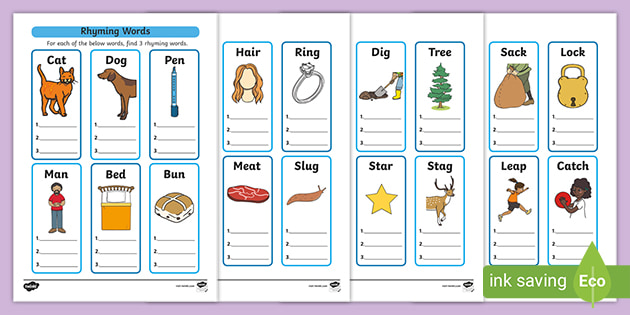 Cit. Quoted from: Arabian antiquity. From ancient Arabic poetry and prose. M., 1983. ), šursūf (“a camel with a broken knee”), habhabiyy (“a good camel driver who knows how to urge them on with the right tunes”), bazama (“milk a camel with two fingers”), and so on. The most common and common name jamal was borrowed (possibly through other Middle Eastern languages) into Greek and Latin, and from there into most European languages, such as English ( camel ). A Bedouin legend says that the prophet Muhammad said aloud 99 names of Allah, and whispered the hundredth in the ear of a camel, so the camel always has a slightly arrogant look. “The camel does not see his own hump, he only sees the hump of his brother,” the Arabs say, meaning the speck in someone else's eye.
Cit. Quoted from: Arabian antiquity. From ancient Arabic poetry and prose. M., 1983. ), šursūf (“a camel with a broken knee”), habhabiyy (“a good camel driver who knows how to urge them on with the right tunes”), bazama (“milk a camel with two fingers”), and so on. The most common and common name jamal was borrowed (possibly through other Middle Eastern languages) into Greek and Latin, and from there into most European languages, such as English ( camel ). A Bedouin legend says that the prophet Muhammad said aloud 99 names of Allah, and whispered the hundredth in the ear of a camel, so the camel always has a slightly arrogant look. “The camel does not see his own hump, he only sees the hump of his brother,” the Arabs say, meaning the speck in someone else's eye.
Camel racing is still popular in the Arabian Peninsula today. Compared to horses, camels run very slowly. The lighter the jockey, the faster the camel, so traditionally jockeys were children and teenagers. However, in recent years, some countries have banned the participation of minors in competitions and replaced them with ... radio-controlled robots!
However, in recent years, some countries have banned the participation of minors in competitions and replaced them with ... radio-controlled robots!
8. Haruma حرم
To be forbidden, to be sacred, to be touched
Bayad surrounded by women of the harem. Miniature from the story "The Story of Bayad and Riyad". Late 12th century Biblioteca Apostolica Vaticana As in many languages of the world, compare: sacer in Latin or sacre in French. The English to swear means both "to swear" (for example, on the name of God) and "to swear" (because one can swear by divine names in vain) - cf. the outdated Russian “to swear”, which was also used in the meaning of “swear”, in Arabic there is a word that simultaneously means sacred, and cursed, and ritually consecrated, forbidden. This is word ḥaruma . The single root ḥarām means "forbidden action", "sin" in the religious and in the ordinary sense of the word.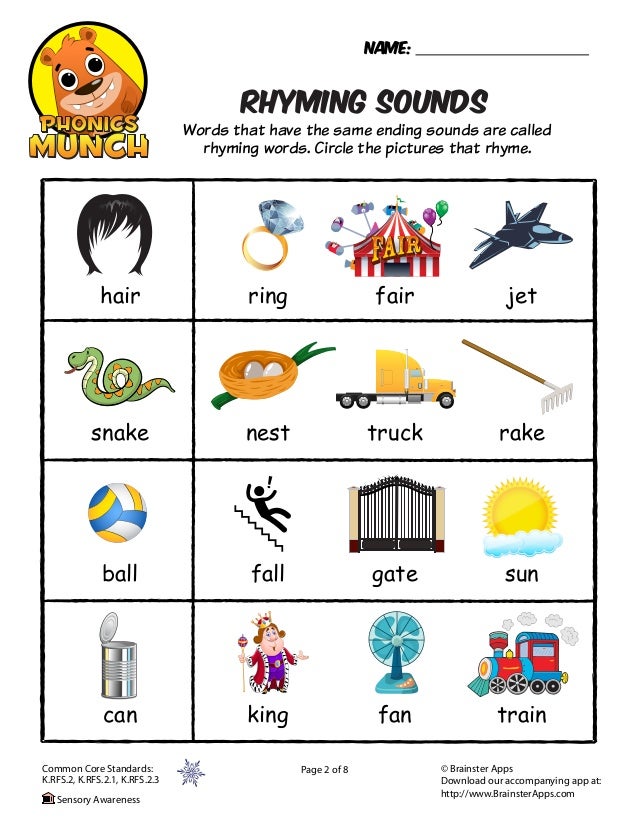 In Islamic law, there are long lists of prohibitions, the violation of which in the earthly or afterlife is punishable by punishment. You can not eat pork and alcohol, play gambling, eat carrion, disinherit children. In addition, usury is prohibited, so Islamic banks operate on completely different principles.
In Islamic law, there are long lists of prohibitions, the violation of which in the earthly or afterlife is punishable by punishment. You can not eat pork and alcohol, play gambling, eat carrion, disinherit children. In addition, usury is prohibited, so Islamic banks operate on completely different principles.
And there are ḥáram (the second vowel is short and the stress falls on the first syllable) i.e. "shrine, sacred territory". The official title of the King of Saudi Arabia is ṣāḥibu l-ḥaramayni , "master of the two shrines". Here the word ḥaram is used in the dual number and refers to Mecca and Medina. The third holy place is Jerusalem.
Another well-known derivative of the same root is ḥarī́m , “harem; female half of the house. This concept is rather historical: in the modern world you can no longer meet the harems of sultans, where wives, concubines and eunuchs live. Traditionally, the female half has now become the territory of the family: guests do not walk around the house, but only sit in the living room.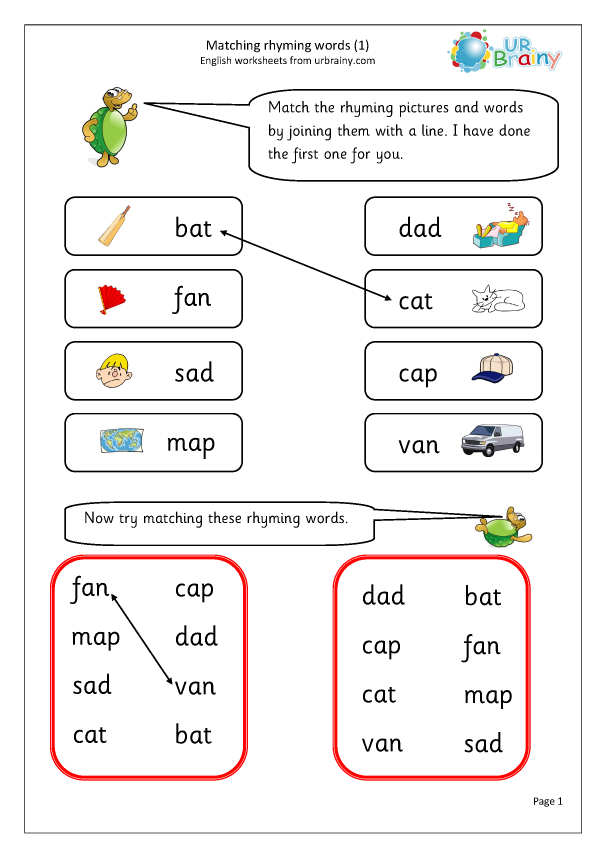 Many houses have separate entrances for families and guests; in apartments, the living room is located closest to the front door. Such a system allows a woman to be at home without a headscarf. But the tradition of having up to four wives at the same time still exists, especially among wealthy Arabs, who can provide each of the wives with a separate house. However, a new marriage of a husband can be a tragedy for a woman, and many storylines of Arabic films and TV series are devoted to this topic.
Many houses have separate entrances for families and guests; in apartments, the living room is located closest to the front door. Such a system allows a woman to be at home without a headscarf. But the tradition of having up to four wives at the same time still exists, especially among wealthy Arabs, who can provide each of the wives with a separate house. However, a new marriage of a husband can be a tragedy for a woman, and many storylines of Arabic films and TV series are devoted to this topic.
9. Majlis مجلس
Salon, club, meeting
Miniature from Maqam by Muhammad al-Hariri. 1222-1223 Bibliothèque nationale de France Majlis is a large guest room, which may also be called dīwāníyya (divaniyya) or maḍā́fa (madaf). There are sofas around the perimeter, and the floor is covered with carpets. Majlis can be an ordinary living room where friends (usually males) are received, an intellectual salon or an elite club: it all depends on the wealth of the owner. It is not customary to serve hot food here, but you can drink tea and coffee, eat nuts and dates, and smoke incense. Qasidas are read in large majlis, concerts and holidays are held. Businessmen and politicians conduct formal negotiations in the office, while the really important issues are resolved in the Majlis. In 2016, the Majlis, as a place of conversation and meetings, was included in the UNESCO Intangible Cultural Heritage List, along with the Arabic way of brewing coffee.
It is not customary to serve hot food here, but you can drink tea and coffee, eat nuts and dates, and smoke incense. Qasidas are read in large majlis, concerts and holidays are held. Businessmen and politicians conduct formal negotiations in the office, while the really important issues are resolved in the Majlis. In 2016, the Majlis, as a place of conversation and meetings, was included in the UNESCO Intangible Cultural Heritage List, along with the Arabic way of brewing coffee.
10. Qasida قصيدة
Qasida, a traditional Arabic poem
“Qasida al-Burda”, transcribed by Muhiddin al-Amasi. XV–XVI centuries Sotheby's
Arabic literature has its own tradition of versification, known since pre-Islamic times, with special original meters the whole - sometimes very long - poem.:
We were stars in the sky, you were the month
And with his bright light in the darkness he shone for people.
A month suddenly fell from heaven - a dear brother died,
And now no one among my relatives is nice anymore.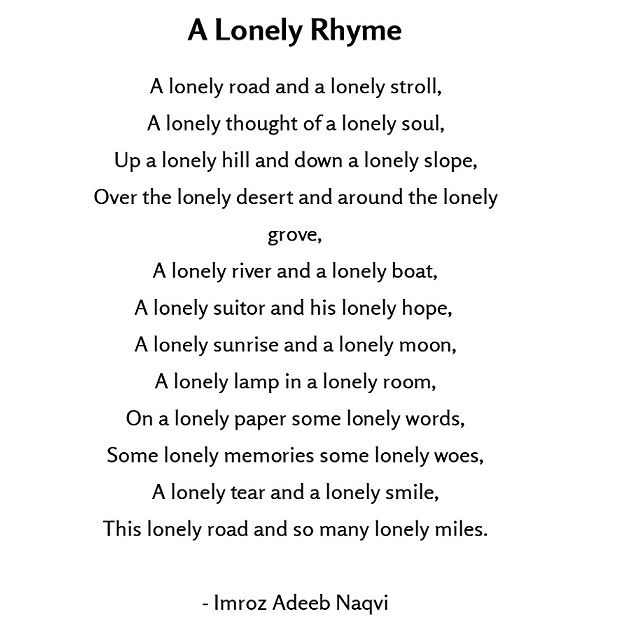
Fate took you away - your glory remains,
You walked the beautiful path, but hastened to leave us A poem by Al-Khansa, a poetess of the 7th century. Translation by Anna Dolinina. Cit. Quoted from: Arabian antiquity. From ancient Arabic poetry and prose. M., 1983..
Now more modern poetic forms, such as free breeze, are also called qasida. Dialects became the language of poetry.
This is the face on the photo card,
The photo card in the album,
Album in the drawer,
Nightstand in the bedroom -
Place to sleep,
Sleep,
Which he is losing
Whenever looking at this face
On the photo card is a poem by the Moroccan poet of the 20th century Murad al-Qadiri. Translated by Sarali Gunzburg. Cit. Quoted from: Chalice and cupbearer: a collection of translations in memory of A.A. Dolinina. SPb., 2018..
An interesting tradition of reciting poetry, which can sometimes be seen in Majlis, TV shows and video recordings: a poet or a reader reads one or more lines, usually with expression and strong emotions, and people sitting around repeat the last word of the line as a sign of approval, as if savoring the rhyme, and in the case of especially successful lines they applaud, and only after that the poet continues reading. There is another tradition: to recite verses in a singsong voice, as the Koran is usually sung.
There is another tradition: to recite verses in a singsong voice, as the Koran is usually sung.
Qasydy is difficult to translate into Russian, while maintaining the original rhythm and rhyme. In the Russian tradition, most often they do not preserve the monorhyme Monorim - a poem or part of it with a monotonous rhyme., And half-lines rhyme with each other.
I left many roads behind me,
And many are crying, separated from me.
Fate drove me from end to end of the universe,
But I always loved the brothers of purity.
Years of separation from friends became my friends.
About parting, when will I part with you? A poem by the Arab poet of the 10th century Abu-l-Ala al-Maarri. Translation by Arseny Tarkovsky. Cit. by: Abu-l-Ala al-Maarri. Favorites. M., 1990.
11. Zagruda زغرودة
Joyful shrill cries, wedding song
Arab women are preparing for the wedding. Baghdad, 1918 © Lanyon / Hulton Archive / Getty Images Such cries can be heard throughout the Arab world at weddings, engagements, religious holidays, during dances and when music is played, after the birth of a child, and also during other joyful events.